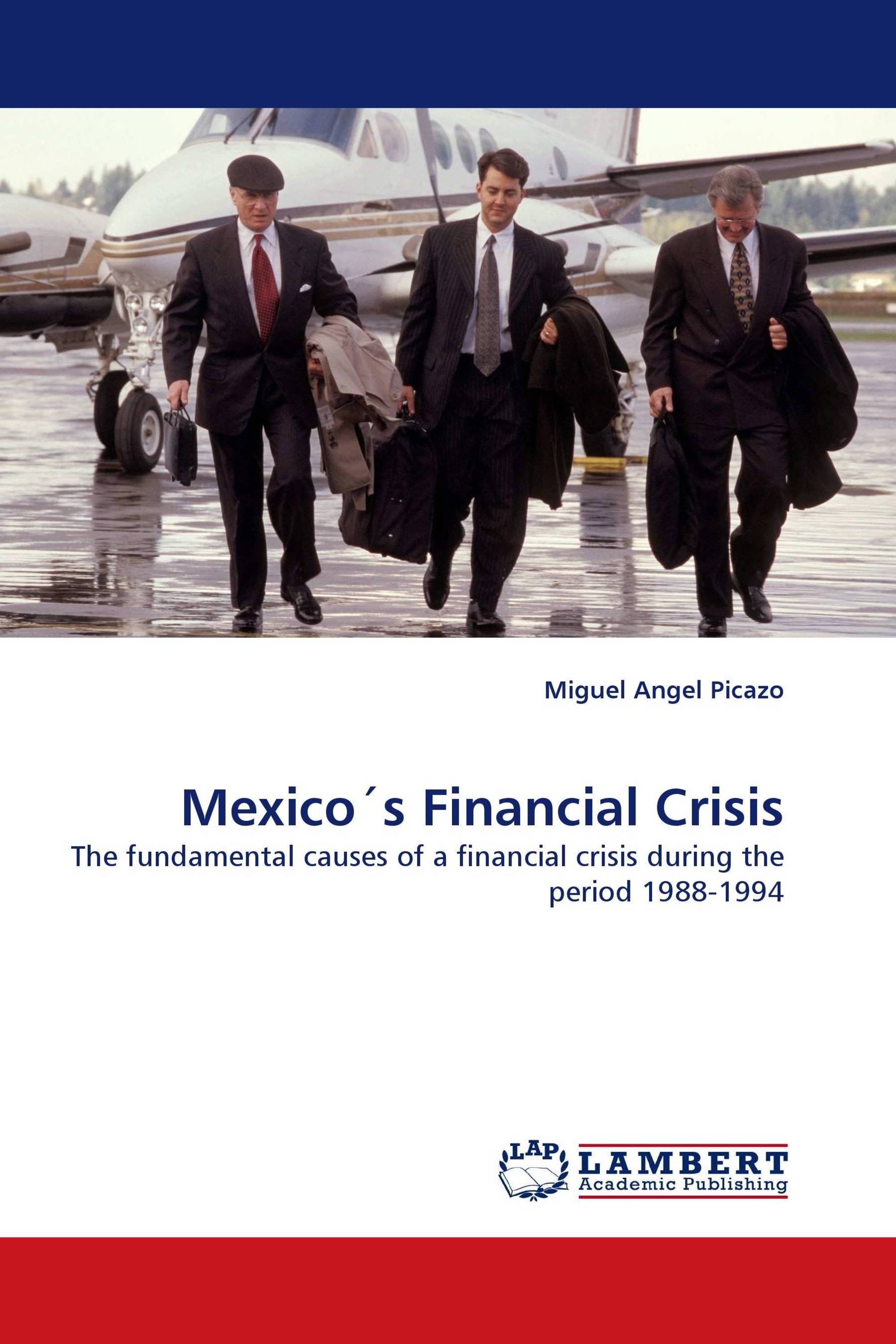Mexico´s Financial Crisis
The fundamental causes of a financial crisis during the period 1988-1994
€ 49,00
The reasons of Mexico´s financial crisis can be assessed by considering economic, financial and political reasons during the period 1988-1994. The political economy of Carlos Salinas’ administration (1988-1994) was based on a policy of openness and stability for foreign investors. From 1994 Mexico had started to have a close contact with foreign markets. The Central Bank of Mexico had four elements to defend the Mexican exchange rate. The first was the scheme of bands that was kept until December 1994 to engender certainty in the financial markets. The second element was to increase interest rates. The third element was to use Mexico’s international currency reserves. The fourth element was to issue tesobonos. The flaws in Mexico’s political economy were associated with the issuance of tesobonos, the collapse of a semi-fixed exchange rate, current account deficit, domestic political shocks, excessive lending from commercial banks to the private sector and the lack of a consistent exchange rate adjustment programme from the Central Bank.
Book Details: |
|
|
ISBN-13: |
978-3-8383-6180-2 |
|
ISBN-10: |
3838361806 |
|
EAN: |
9783838361802 |
|
Book language: |
English |
|
By (author) : |
Miguel Angel Picazo |
|
Number of pages: |
72 |
|
Published on: |
2010-05-19 |
|
Category: |
Politics and economics |
